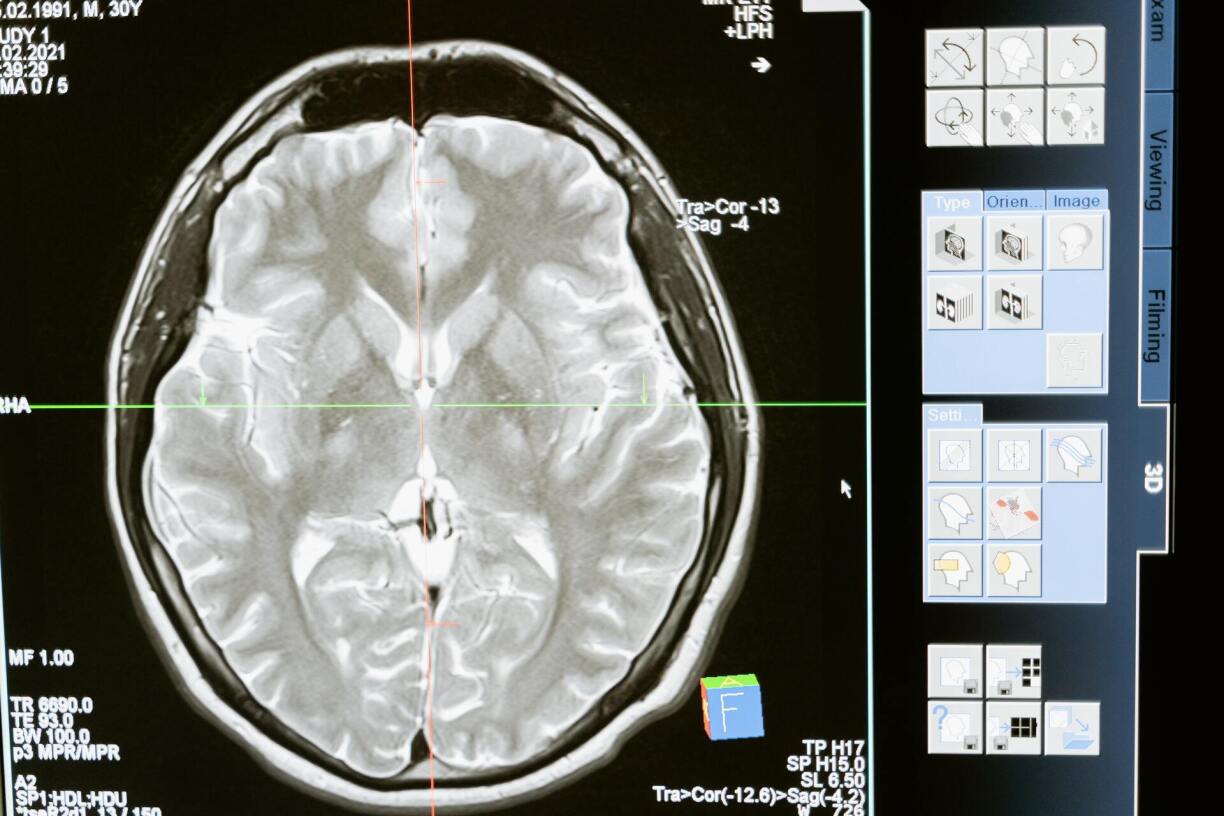
As a result of this newfound concern, there now is endless advice on how to take care of your mental well-being. Stay active, sleep well, talk with other people, enjoy your free time… We have been told these things are proven to preserve our mental health, but how do they do it?
The truth is that the answer is in the word itself. Mental comes from Latin mentalis, which means ‘of the mind’. Most of the advice we are given are actions targeting our mind’s activity. That is to say that a major part of our well-being is no other than in our own brain.
Here are three ways in which the brain impacts our well-being:
Despite the misconception, the brain is not entirely logical. Throughout its evolution, it developed new structures in charge of different functions. These structures now make the brain home to various processes, ranging from logic and cognition to imagination and creativity.
The latter ones are incredibly influential on our mental health. Have you ever felt like your mind had so many thoughts it was about to explode? Well, when that happens, it is important to take the time to stop and freshen up. To do so, creative processes, such as writing or drawing, are very helpful. They take your mind off the subject and fixate your focus on a sole task, leaving you the time needed to clear your mind.
In addition, engaging your creativity in one exercise prompts it to spread throughout your reasoning. When facing a challenging problem, you can run out of ideas and start feeling a bit hopeless. But, instead of letting the desperation take control, try one of the creative processes mentioned before. After stimulating your brain with an activity that requires creativity, your perspective can be expanded and include more innovative solutions.

Our behaviours are engraved in our neural circuits. They are often established from an early age, although they can also be moulded by shocking experiences. They are part of us, but not all behaviours are beneficial.
One can sometimes act in a harmful way that affects themselves or others. An example of this could be: putting oneself down, blaming others for your woes, or extreme perfectionism. And while the actions are portrayed on the outside, the root of the thought is inside the head.
However, that does not mean they cannot change. The brain is elastic, and our brain’s wiring can be modified. It is a change of mindset, which can be hard, but the reward is the improvement of your mental health.
For example: When the pre-set in your brain are negative thoughts, you can manually try and reshape them into better ones. Whenever thinking ‘I am so bad at this, I will never make it’ force yourself to think ‘But I can better myself and achieve my goal’ even if you do not necessarily believe it. At the beginning, forcing yourself to act or think a certain way will feel unnatural. However, it is forcing the brain to rewire its thought process. And, with time and persistence, it helps to change your mindset.

Emotional intelligence is, in a very simple way, our ability to understand and manage emotions. It also includes how this ability, or lack thereof, impacts our relationships, not only with others but also with ourselves. Empathy, motivation, social skills, and self-awareness are just some of the qualities to work on to better our emotional intelligence. And all these qualities are based on the brain.
The emotional part of our heads and the logical part are constantly communicating. And as a result of their interactions, we create actions that align with our feelings and are also adequate to the situation. It is a way of not letting us get too wrapped up in our emotions, especially the negative ones.
For example, if your friend does something that makes you mad, your emotional reaction would be to scream at them, no matter what. The logical side puts your friends’ actions into context, and you might find that, in the situation, what they did was not as bad as you initially felt. The bridge between these two parts is important because it permits us to express our feelings, without letting them control us.
But we can always strengthen the connection. Given that, as previously mentioned, the brain is elastic, emotional intelligence can be worked on and improved. Therefore, when in a bad mental state, we can still try and cultivate our emotional well-being.

---
Alba Jiménez Fernández is a Spanish student at the European School of Luxembourg. She is an intern at RTL Today for a week. Among her interests you can find psychology, sociology, and a general understanding of societies and the people in it. Her hobbies include reading, watching films, and enjoying the sun.
Young Voices is a new section on RTL Today, brought to you in collaboration with local English schools and sections, but open to any young person who wishes to share their thoughts with our audience. We accept written articles, photography projects, video, and audio works, and our editors will provide help and feedback through the process of crafting your submission. If you or a young person you know wants to get involve, get in touch via youngvoices@rtl.lu.